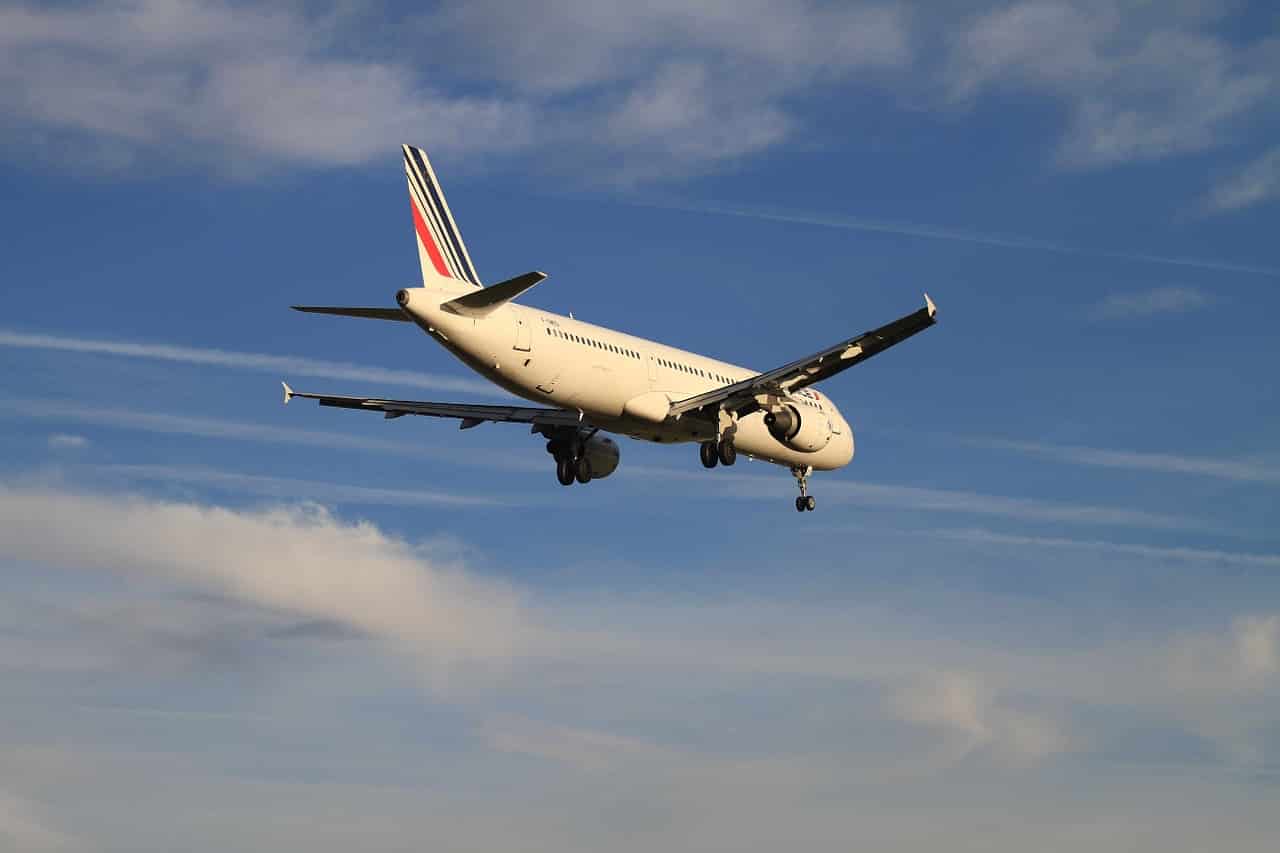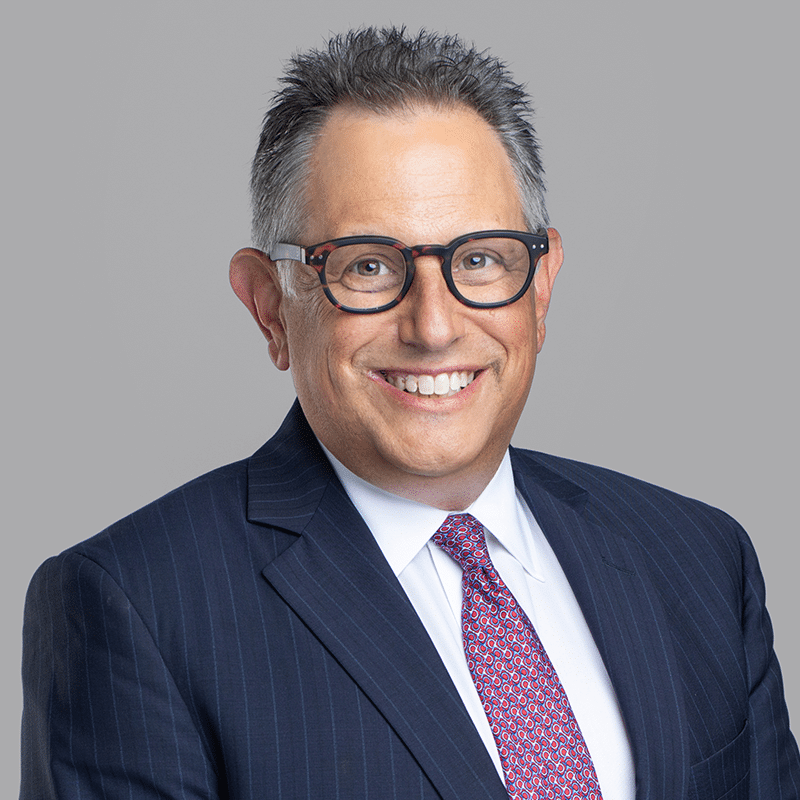
At 15 years old, Valerie Lord was one of 309 passengers and crew aboard Air France Flight 358 from Paris to Toronto on August 2, 2005. Returning home from a month-long student exchange, she was excited to see her parents and introduce her French student exchange partner to Canada.
As the plane attempted to land at Toronto’s Pearson Airport amid very inclement weather, it overshot its desired place to touch down, drove 300 metres off the end of the runway, and finally came to a rest in the Etobicoke Creek ravine, before catching fire. Valerie and other passengers fled on foot to escape the heat and flames. Astonishingly, no one was killed in this crash, though 12 people sustained serious injuries.
Reunited with her terrified parents, who had been waiting in the terminal for her, Valerie and other passengers were given some initial emergency funding from the airline and later offered a small sum in exchange for not pursuing legal action. But given her losses, and especially the trauma she experienced (and its long-lasting effects on her nerves), she and other passengers decided they deserved more answers from the airline and better recognition of their suffering.
Paul Miller, who joined HSH as Partner in January 2017, was co-lead counsel in a subsequent class action lawsuit on behalf of some passengers which resulted in a $20 million settlement. In this interview, we ask Valerie about the crash, her experience as a plaintiff in the lawsuit, and learn how it helped to inspire her to become a personal injury lawyer and eventually Miller’s own colleague.
- The weather conditions near Pearson Airport were quite poor as Flight 358 was attempting a landing that day. Prior to this accident, were you a regular flyer? Had you ever experienced flying in similar weather conditions? Were you concerned about it?
At the time of the accident, I was 15 years old, and had mainly traveled with my parents. We had taken a few trips down south, but this was my first overseas trip alone without them. I had just spent a month in Normandy, France on a student exchange and it really was the start of what would become a life-long travel addiction.
I had always felt rather comfortable flying, and don’t recall ever feeling anxious or nervous during flights. On this flight I was returning home with my French student exchange partner. What started to cause some concern that day was the amount of time we spent up in the air circling the airport prior to landing. From what I recall, we spent almost half an hour simply circling overhead, burning off fuel and waiting for it to be safe to land. When we finally started our descent, we were all quite relieved and anxious to be heading down.
- At what point did passengers know there was a problem? How were you told what you needed to do to escape the plane?
After having circled the airport trying to wait out the thunderstorm, we were finally given the go ahead for landing. As soon as the plane hit the ground there was a loud bang, and the next thing I knew I was being thrown up and down in my seat. I’ve always described it as a bad wooden rollercoaster ride. After being jostled about, the plane finally came to a stop. I remember shaking uncontrollably, trying to make sense of what had happened. Then a voice came on the overhead speaker and told us that “everything was okay.” As I tried to compose myself and gather my things, I turned around and looked out my window. All I could see and feel was the heat and the orange glow of burning flames. Then it hit me: this plane is on fire, it is going to explode, and I am going to die. Everyone quickly had the same realization, and there was a mad dash to the nearest exits. I remember people jumping over seats in the middle aisle.
I was fortunate enough to be sitting towards the back of the plane and close to an exit. I remember being very forcefully pushed down the inflatable slide by the flight attendants. They were doing everything they could to get everyone out as fast as they could.
After coming down the slide, the next thing on my mind was to get as far away from the plane as possible. I thought it was going to blow up at any minute. I remember holding my exchange partner’s hand and running as far as we could. We followed other passengers into the back of a cargo truck that had pulled over from the service road. It was pouring rain and we were all drenched and looking for shelter. But the smoke from the wreckage quickly started to get into the van and we had to leave it. The next thing I remember was coach buses pulling up and taking us to an empty terminal.
- Did you experience any flashbacks or post-traumatic stress symptoms in the days, weeks and months after the accident?
The next few days after the accident were strange. Both my exchange partner and I had lost all our luggage. I hadn’t learned to travel light, so literally all my summer clothing was packed in it. Air France was very generous and provided emergency funding for us the very next day. My family and I were sitting at Pickle Barrel for lunch in between shopping when a fire bell went off, and I remember being flooded with panic at the sound.
I also remember returning to school that year feeling very different. I began to have a hard time relating to some of my peers. When you go through a near death experience, it puts things into perspective and really makes you appreciate what is important in life. I had a hard time empathizing and connecting to my friends who seemed consumed with melodramatic teenage nonsense.
- Once you were safely removed from the crash site, did you feel your needs were taken care of by the airline? What sorts of concerns did you and other passengers have?
Once we were transported to the terminal, we had access to EMS personal if needed. But otherwise, we were told to sit and wait until we were given further instructions. I remember hearing something about customs causing the delay. We were told quite early on that everyone had been accounted for, so I think that alleviated some of the fear and tension of the situation. There were also about 60 students around the same age on this flight, so we tried to make the most of it.
I was finally able to call my parents for the first time once in the terminal. They had been waiting at the airport bar for my flight to land when they first saw the images of the burning plane on the news. They knew right away it was my flight from seeing the Air France wing, but they and other parents waiting for their kids were quickly ushered into a conference room with no cell phone reception or other means to communicate for quite some time. It was an equally nerve-wracking and terrifying time for them. They didn’t know whether we had survived or if we were injured. When I called them from the terminal payphone, I remember simply crying, telling them I was okay, and that I loved them.
Within a few hours we were brought to the Sheraton, where the passenger’s friends and family were being kept, and permitted to leave.
Since I had brought almost all of my personal belongings with me on this month-long trip, our first concern within the next few days were getting basics back (shirts, pants, pajamas). Air France was very good about providing immediate cash funding for these purchases.
Our second concern was taking care of my exchange partner. She didn’t have her parents here with her to help deal with this ordeal. Within two to three days Air France had arranged for her father to fly out, and she went home with him shortly after. Needless to say, she got the short end of the stick on this exchange!
- How were you approached about taking part in a class action lawsuit? Can you tell me what types of things you were thinking about when deciding whether or not to participate?
Within the first few weeks we were offered a settlement by Air France in exchange for signing a release stating we would not to pursue any further with litigation. Considering all the valuables I had lost and the terrifying experience my family and I had been put through, we felt as though Air France just wasn’t appreciating our circumstances with their offer.
We were then informed about the class action and we agreed this was the best course for us to follow. We knew it would take many, many years for the case to be settled, but we also wanted answers. Why did the pilot choose to land in such conditions? Why didn’t the airport divert us?
- Prior to this accident and lawsuit, you were not on a career path to become a lawyer. How did your experiences inspire you to pursue a law degree and a specialization in personal injury law?
Having been in a highly stressful and life-changing event such as this one certainly made me a more compassionate human in general. I think that compassion lent itself well to a career in personal injury law. I had always been a good student and done well in school up until that point, and I think the accident made me realize that life is short and that it was important to make the most of your time here. I can’t think of a better way to spend my time than by helping people in need.
- Paul Miller was co-lead counsel on this lawsuit. After you became a lawyer, you began working with him, so you have a unique perspective of seeing his work as his client and as his associate. Why did you decide to work with Paul, and what have you learned about the work lawyers do that you didn’t know as a client?
I can say I was guilty of being one of those clients that constantly wondered “what’s going on with my lawsuit?” What you learn being on the other side is that it takes a tremendous amount of work and effort to move these types of claims towards settlement. Unfortunately, this requires more patience from our clients. But that is also where the importance of client management came in. Paul taught me a great deal about that. Seeing how he is always willing to take calls from clients, no matter how busy he is. Showing them that he cares and is willing to listen to their concerns makes a very big difference. In the end the clients are more appreciative and understanding of the time litigation takes when they are able to reach and talk to their lawyer directly.
- Having been through this experience, what would you tell a survivor or the family of a victim of an accident like this?
Tell and show your friends and family you love them as often as you can. Life is short and fragile and can be taken away at any time. It is so important to appreciate what you have.
The healing process after any major event also takes time, and everyone goes through it differently. Seek counseling if you need it, talk to people about what you’re feeling, and just know that these things can take time.
If you or a loved one have sustained a personal injury from a traumatic accident and would like to know more about your legal options to access compensation of damages, please contact personal injury lawyer Paul Miller at 416-646-3901 or pmiller@hshlawyers.com.







